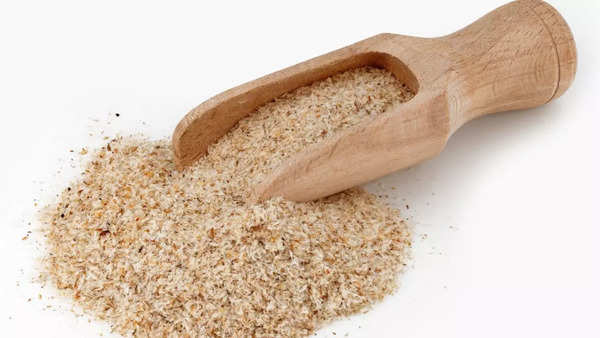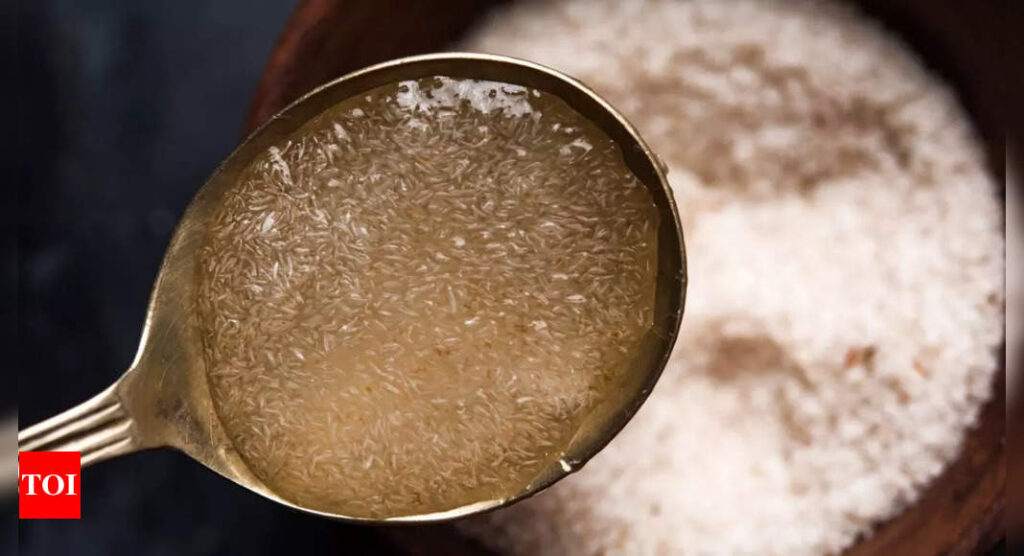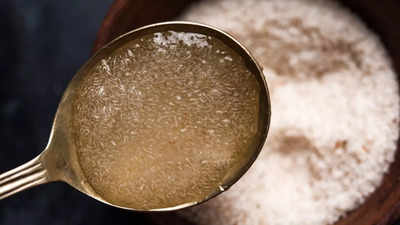Psyllium husk, the fibre-rich superfood, can be an effective cholesterol-fighting ingredient that can ever work better than oats.
A type of fiber that acts as a gentle, bulk-forming laxative, psyllium husk’s benefits go beyond relieving constipation and extends to lowering cholesterol, controlling blood sugar levels and boosting heart health. Psyllium passes through the small intestine without being completely broken down or absorbed.
Psyllium husk also known as Isabgol in India has a role in weight loss too as it can boost feeling of fullness which prevents overeating. It can be sprinkled on top of your breakfast in the morning or be added to smoothies for a fibre-rich breakfast.
Psyllium husk is superior to oats in cholesterol management
It has more fibre than oats and can be aid in better management of cholesterol. Psyllium husk effectively attaches to cholesterol in the digestive tract, and helps in its removal from the body.
High cholesterol can be caused by eating high-calorie and fatty foods, not doing enough exercise, being overweight, smoking, and drinking alcohol. It can also run in families.
A single teaspoon of ground psyllium husk provides nearly 8 times more soluble fiber by weight compared with oat bran, according to American Pharmacists Association.
A study published in The American Journal of Clinical Nutrition found that consuming 10 grams of psyllium husk daily resulted in a significant reduction of LDL cholesterol by as much as 10% within a few weeks. The high soluble fiber content of psyllium (approximately 70%) outperformed oats, which contain about 50% soluble fiber, in binding to bile acids and facilitating their removal, thereby lowering cholesterol more effectively.
High blood pressure and high cholesterol are among major risk factors of heart disease.
Where is psyllium husk sourced from
It is made from the seeds of the Plantago ovata plant and is packed with soluble fibre.
Psyllium husk is composed of approximately 70% soluble fiber, compared to about 50% in oats. This soluble fiber binds to bile acids, which are made from cholesterol, and prevents their reabsorption. Consequently, the body draws more cholesterol from the bloodstream to produce new bile acids. Research in the American Journal of Clinical Nutrition found that consuming just 10 grams of psyllium husk daily can reduce LDL cholesterol by as much as 10% within a few weeks.
Perfect for weight loss
A calorie-free option that can monitor cholesterol levels and also support satiety can help in your weight loss efforts. It can be easily incorporated into the diet by sprinkling it on top of it or adding to smoothie or a glass of milk.
Another way psyllium husk can aid in cholesterol management is by enhancing the effects of the statins, according to some research. Statins are a type of medication prescribed to manage cholesterol levels in the bloodstream.
Treatment with 5.1 g psyllium twice daily produces significant net reductions in serum total and LDL-cholesterol concentrations in men and women with primary hypercholesterolemia. Psyllium therapy is an effective adjunct to diet therapy and may provide an alternative to drug therapy for some patients, says
a study published in The American Journal of Clinical Nutrition.
One study revealed that combining psyllium husk with simvastatin was as effective as taking 20 mg of simvastatin on its own. Similarly, a 2018 study examined the overall impact of using psyllium alongside statins compared to statins alone.

Easy ways to incorporate psyllium husk to diet
Stir a teaspoon of psyllium husk into a glass of water, fruit juice, or a smoothie. Drink it immediately, as it thickens quickly.
Sprinkle psyllium husk onto your oatmeal, yogurt, or cereal to boost your fiber intake without altering the taste.
Use psyllium husk as a fiber-rich ingredient in bread, muffins, or pancakes. It also acts as a binder in gluten-free recipes.
Add psyllium husk to soups, stews, or sauces to naturally thicken them while increasing their fiber content.
Combine psyllium husk with ground flaxseeds or chia seeds in energy balls, protein bars, or salad dressings for a nutrient-packed boost.


